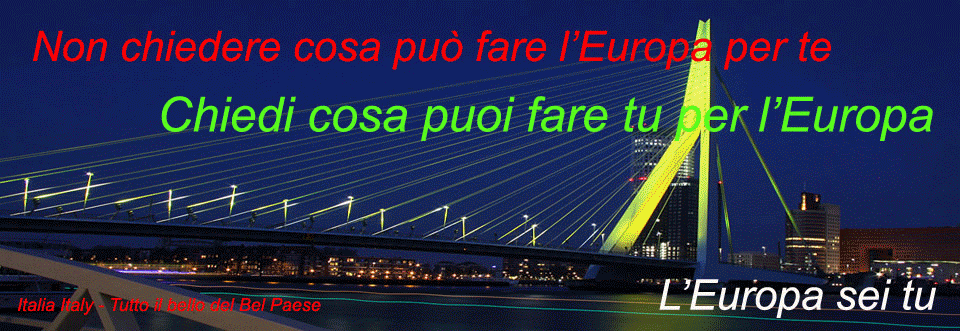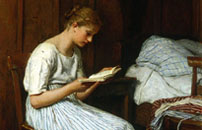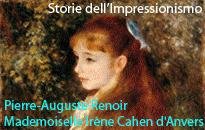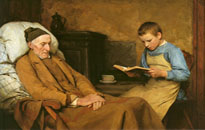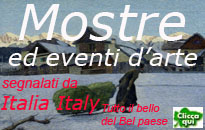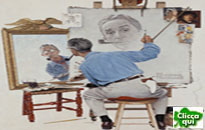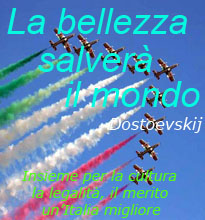 One of the first to call for the creation of a “United States of Europe” was Winston Churchill, a former army officer, war reporter and British Prime Minister (1940-45 and 1951-55). Following the Second World War, he ...
One of the first to call for the creation of a “United States of Europe” was Winston Churchill, a former army officer, war reporter and British Prime Minister (1940-45 and 1951-55). Following the Second World War, he ...
was convinced that only a united Europe could guarantee peace. His aim was to eliminate the European ills of nationalism and war-mongering once and for all. He formulated his conclusions drawn from the lessons of history in his famous ‘Speech to the academic youth’ held at the University of Zurich in 1946: «There is a remedy which would in a few years make all Europe ... free and ... happy. It is to re-create the European family, or as much of it as we can, and to provide it with a structure under which it can dwell in peace, in safety and in freedom. We must build a kind of United States of Europe». Thus the driving force behind the anti-Hitler coalition became an active campaigner for Europe’s cause.Winston Churchill also made a name for himself as a painter and writer: in 1953 he was awarded the Nobel Prize for Literature.
With this plea for a United States of Europe, Churchill was one of the first to advocate European integration to prevent the atrocities of two world wars from ever happening again, calling for the creation of a Council of Europe as a first step. In 1948, in The Hague, 800 delegates from all European countries met, with Churchill as honorary president, at a grand Congress of Europe.This led to the creation of the Council of Europe on 5 May 1949, the first meeting of which was attended by Churchill himself. His call to action can be seen as propelling further integration as later agreed upon during the Messina Conference in 1955, which led to the Treaty of Rome two years later. It was also Churchill who would first moot the idea of a ‘European army’ designed to protect the continent and provide European diplomacy with some muscle. Furthermore, the European Court of Human Rights was created in 1959 - a decade after Churchill first championed the idea. Providing the inspiration to the people of Europe as the binding factor in the allied fight against Nazism and Fascism, Winston Churchill consequently became a driving force behind European integration and an active fighter for its cause.

